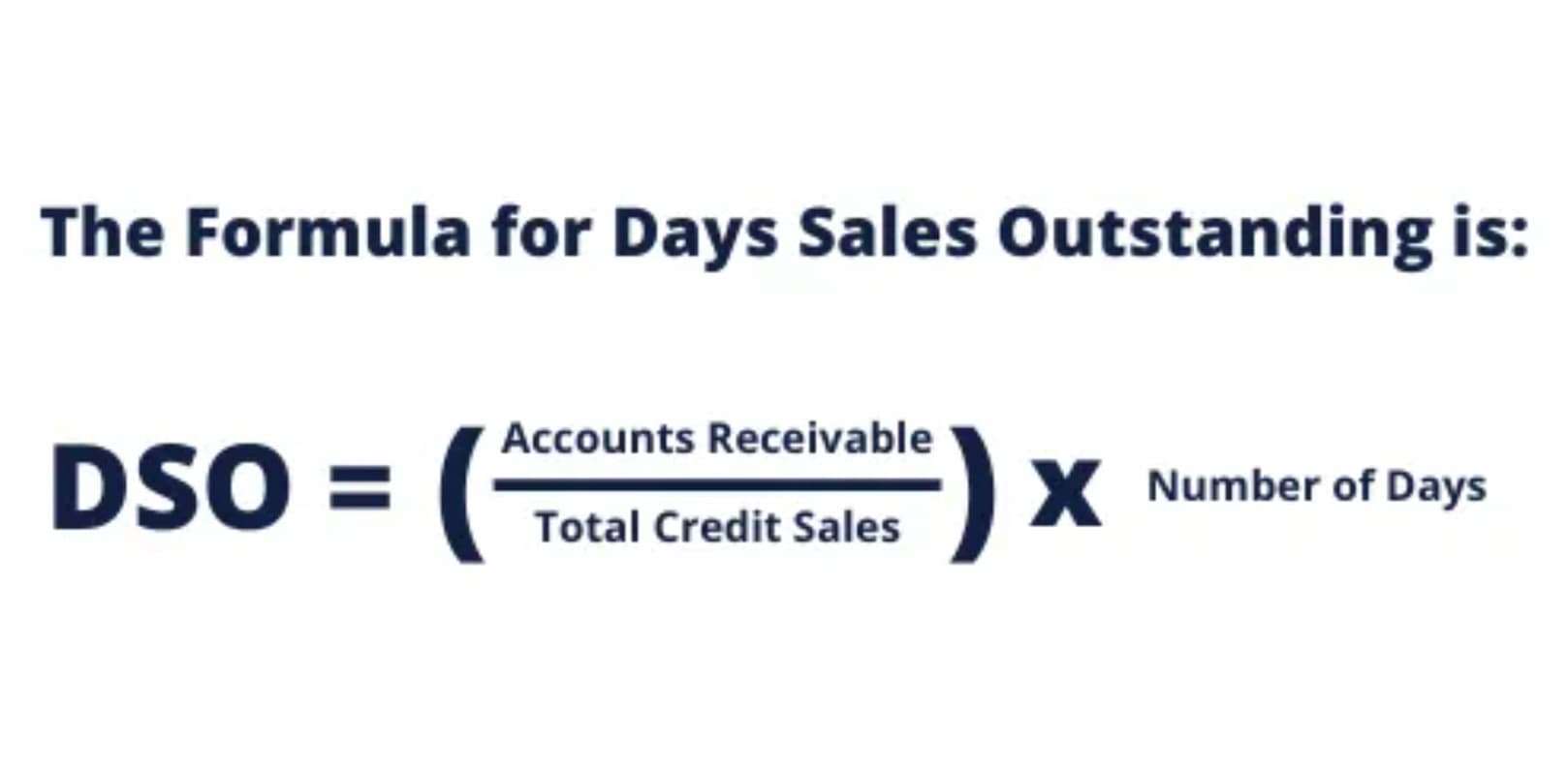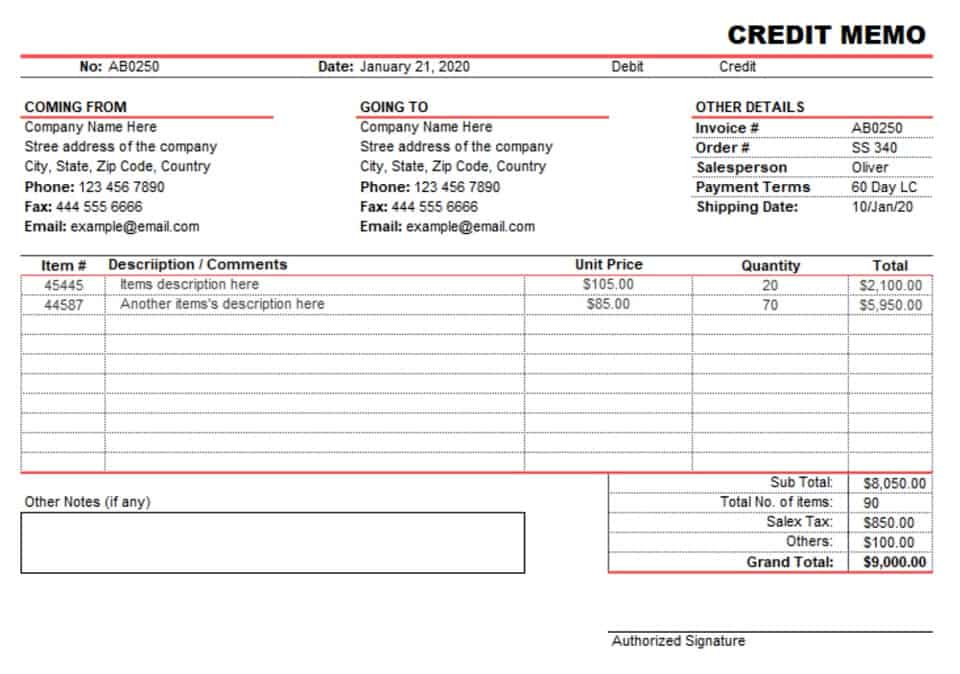
A master budget is a comprehensive financial plan that integrates all lower-level budgets and provides an overview of a business’s financial activities for one year, usually one year. The master budget includes budgets for revenue, expenses, capital expenditures, and cash flow. It serves as a roadmap for the business’s financial activities and guides the decision-making process of managers and executives. ABC Manufacturing Company is preparing its master budget for the next fiscal year.

Best practices for effective collaboration in master budgeting
The overhead budget includes fixed and variable expenses, such as office rent, utilities, and business insurance. It covers indirect expenses that cannot be directly traced to a product or service. The overhead budget is essential for managing indirect expenses, optimizing cost structures, and achieving profit margins.
Budgeting Myths That Can Block Your Success
These budgets can be created using a computerized spreadsheet such as Excel, simplifying the process for many organizations. Using this budget, a company may evaluate how well they intend to do during the year and can compare their actual performance to the original projected plan. It enables a company to determine if it can continue functioning at its planned level with these forecasted earnings and expenses.
Step 5: Create an overhead budget
Managers use the budget to plan and allocate resources, set performance targets, and monitor progress. Financial budgets contain a budgeted revenue statement, a balance sheet, a cash budget, and a budget for capital expenditures. Cash budgets tie the other two what is a master budget budgets together and take into account the timing of payments and the timing of receipt of cash from revenues. Static budgets typically act as a guideline, meaning they can be changed or adjusted once the variances have been identified via a flexible budget.
Review Regularly
- This is particularly important during times of crisis, when businesses may experience cash flow disruptions.
- Your budget can keep you out of overwhelming debt and help you build a financial future that will give you more freedom, not less.
- With a proper emergency fund, you will not need your credit card to keep you afloat when something goes wrong.
- Our writing and editorial staff are a team of experts holding advanced financial designations and have written for most major financial media publications.
- This information can help businesses identify potential risks, such as decreased sales, increased production costs, or economic downturns.
- Communicating plans to managers is an important social aspect of the process, which ensures that everyone gets a clear understanding of how they support the organization.
For instance, the Supplemental Nutrition Assistance Program (SNAP) helps recipients of all income levels work with their food budgets to make their benefits go further. Creating and using a budget is not just for those who need to closely monitor their cash flows from month to month because money is tight. Almost everyone can benefit from budgeting—even people with large paychecks and plenty of money in the bank may find it difficult to cover the expense of an unexpected home repair. Each department can discuss its budgeting needs, strategic initiatives, potential challenges, and constraints. This mutual understanding allows the creation of a budget that’s grounded in the realities of each department’s operations, leading to a more accurate and realistic master budget. Here’s how to incorporate collaboration and feedback into your budgeting process so you can build the best, most effective master budget for your business.
Additional Resources
Understanding the different types of budgeting, managers can gain a wealth of information through the analysis of budget variances leading to better-informed business decisions. Once a period has ended, management must compare the forecasts from the static or master budget to the company’s performance. It’s at this stage that companies calculate whether the budget came in line with planned expenditures and income. Although the budgeting process for companies can become complex, at its most basic, a budget compares a company’s revenue with its expenses in a given period. When they spend more than what was budgeted they can create a revenue deficit. Lord’s firm helps venture-backed startups create financial plans and master budgets.
Once individual budgets have been created, they must be combined into a single, comprehensive document – the master budget. The finance team needs to know the trends, competition, and regulatory environment that could impact the business’s financial performance. Online banking and online budgeting software can help you categorize spending so you can make adjustments. Many people find that just by looking at aggregate figures for discretionary expenses, they are spurred to reduce excessive spending. In general, traditional budgeting starts with tracking expenses, eliminating debt, and, once the budget is balanced, building an emergency fund. But to speed up the process, you could start by building a partial emergency fund.
These include estimations of sales trends (or income), cost trends (or expenses), and the overall outlook of the market for the particular industry or sector. Creating a business budget begins by making some assumptions and financial projections about the upcoming period. For example, incremental budgeting is useful in situations where both income and expenses increase by a predictable amount each year. After you have identified your needs and wants, choose the budgeting method that you will employ to estimate and keep track of your expenses. It also determines future income because these activities are meant to boost sales. While budgets are useful for individuals, they are necessary for larger entities such as corporations and governments which require coordination between multiple people and initiatives.


It gives a firm a broad overview of its finances and is often used as a central planning tool. A master budget is a central planning tool that gives an overview of a business’s finances, outlining cash flow forecasts, financial statements, and the financial plan. Once the master budget is prepared, it guides the company’s financial operations throughout the year.
- First of all, understanding general concepts relating to your income, spending, debt, saving, and allocating your funds are important.
- It includes expenses such as advertising, promotions, and public relations.
- He loves quirky and obscure autos, aiming to one day own something bizarre like a Nissan S-Cargo, and is an avid motorsports fan.
- The ProMaster also has a host of safety features, including standard drowsiness detection and forward collision warning.
- It encourages communication of individual goals, plans, and initiatives, which all roll up together to support the growth of the business.
- However, the budgeting process can be challenging, often causing apprehension among those involved in budget planning.
- For instance, a machine shop should consider current cash flows, current loan rates, current debt limits, and future expected sales before management plans a large expansion.